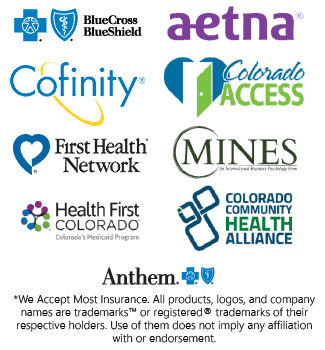Common Rules and Restrictions for Rehab Visitors
While maintaining a supportive environment for recovery, residential rehabilitation facilities implement specific visitor regulations to guarantee client safety, therapeutic progress, and facility security. These regulations typically include designated visiting hours, pre-approved visitor lists, and mandatory check-in procedures for all guests.
Family involvement plays an essential role in recovery, but visitor etiquette must be strictly followed. Common restrictions include prohibitions on bringing outside food, medications, or personal items to residents. Visitors must typically present valid identification, submit to security screenings, and maintain appropriate behavior during visits. Additionally, many facilities limit the number of visitors per session and require advance scheduling to assure minimal disruption to treatment schedules. Some centers also mandate that visitors attend educational sessions about addiction and recovery before their first visit.
Benefits of Structured Visitation During Recovery
These carefully designed visitor regulations serve a deeper purpose beyond maintaining order – they create a framework for meaningful connection that actively supports recovery. When facilities implement structured visitation schedules, individuals receive consistent emotional support while maintaining their therapeutic momentum.
Well-planned visitation policies facilitate productive family involvement through supervised interactions that reinforce treatment goals. During these controlled encounters, loved ones can demonstrate their commitment to the recovery process while learning valuable communication skills from clinical staff. Additionally, these structured visits allow individuals to practice newly acquired coping mechanisms in a safe environment before facing more challenging social situations.
The predictable nature of scheduled visitation helps residents focus on their recovery journey without the disruption of unexpected interactions, ultimately contributing to more successful long-term results.
Planning Your Visit: Essential Steps and Guidelines
Successful visitation at residential rehabilitation facilities requires careful preparation and adherence to established protocols, guaranteeing meaningful interactions that support the recovery process. When planning a visit, individuals should first contact the facility’s visitation coordinator to understand specific requirements and complete any necessary paperwork.
Proper visitation scheduling involves selecting approved time slots, typically during designated weekend hours or special events, while following visitor etiquette guidelines that may include dress codes and restrictions on bringing outside items. Visitors must typically provide identification, undergo brief screening procedures, and familiarize themselves with facility-specific rules regarding physical contact, gift-giving, and communication boundaries. Additionally, understanding the resident’s treatment schedule and therapeutic commitments helps guarantee visits align with their recovery program without disrupting essential rehabilitation activities.
















